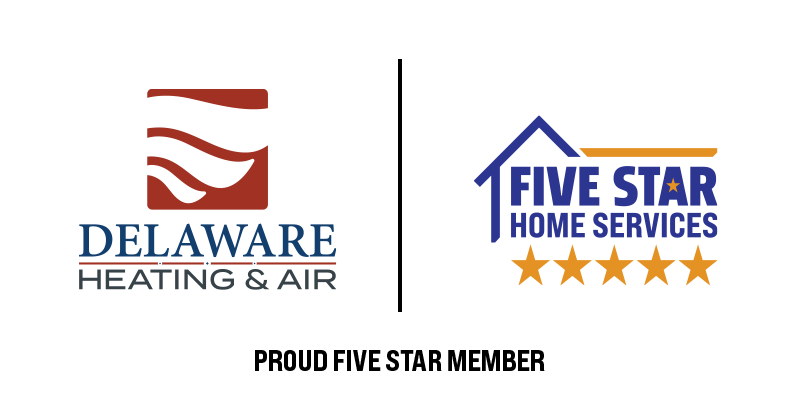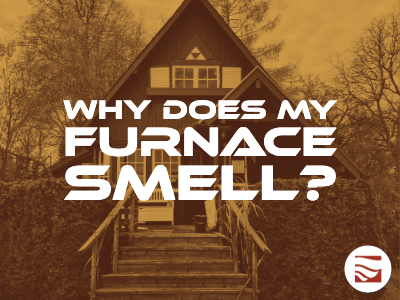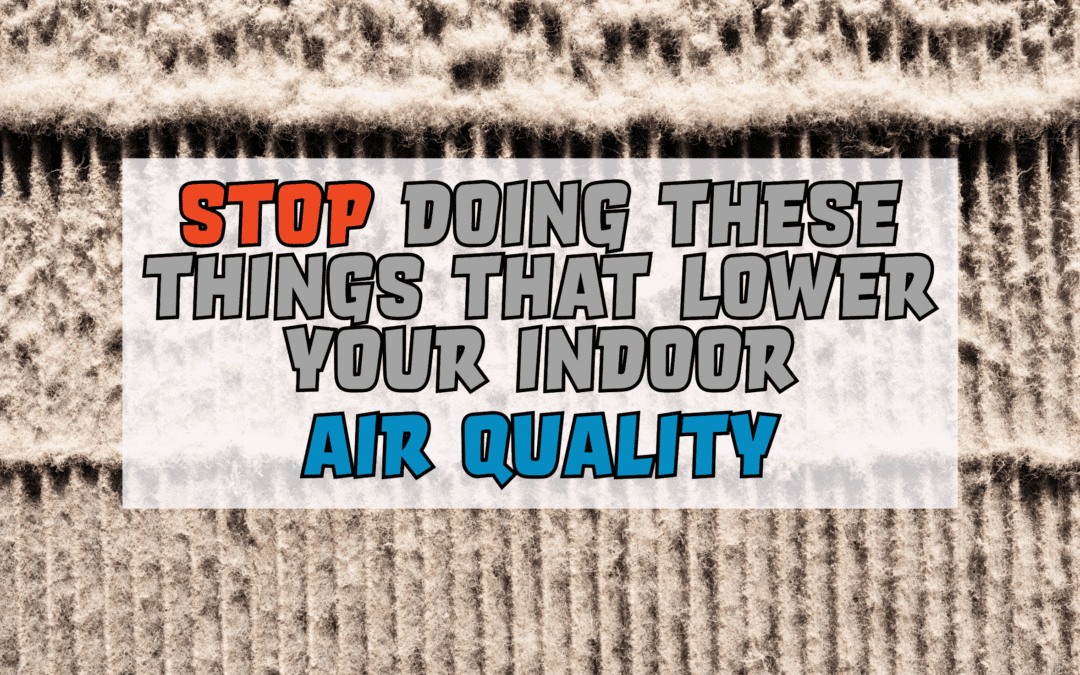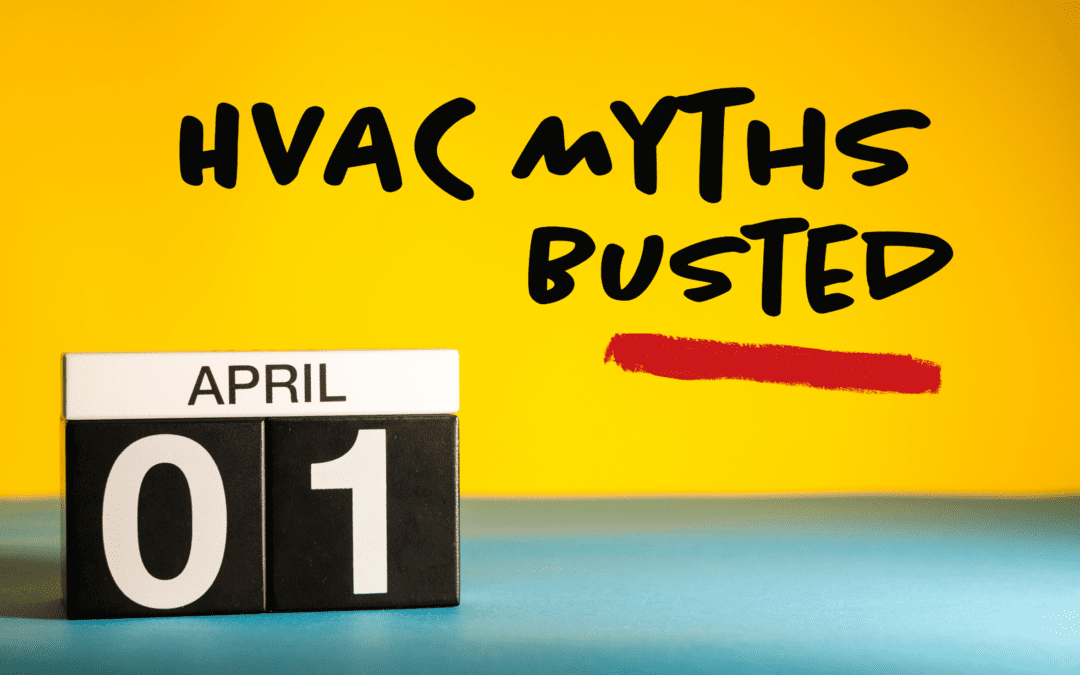Now that the weather is colder, most of us turn on our home furnace systems expecting them to circulate clean, warm, and fresh air throughout our homes.
And usually, they do so — easily. Usually, we don’t even regard our furnaces at all, as they operate quietly and efficiently, not a sight or smell to be found.
But then one day you do notice something. You notice something; only it’s not a sound. It’s a fragrance and an unusual one at that.
Sometimes, the fragrance can overwhelm you and your family. Other times, you only discern a faint whiff.
You may even investigate whether it’s even originating from your furnace at all.
Regardless of how powerful the odor seems, there are types of smells you should never dismiss, as they frequently indicate there could be damage to your furnace or a threat to your family’s safety.
To ensure your family’s safety this winter, we at Delaware Heating and Air assembled this list of the various odors that might come from your furnace and the most likely reasons behind them.
SIGNS OF DANGER
Chemicals
A chemical-type odor like formaldehyde signifies typically only one thing. There is a crack in your heat exchanger, a portion of your home’s furnace system that pushes hot air out of the combustion chamber.
A broken heat exchanger heightens the risk of fire and can carry carbon monoxide into your home.
Because of the potential risk for this, be sure you have carbon monoxide detectors all over your home, and they have new and working batteries.
Electrical Burning Smell
Electrical and metallic aromas normally arise from excessive heat within your home’s furnace. A fragrance comparable to scorched wires plausibly suggests a metal component is getting too hot. A more metallic fragrance could originate from a damaged rubber component.
To thwart an automatic shutdown and reduce the possibility of fire, turn the furnace off promptly and give us a call. One of our esteemed technicians can find and substitute the parts that are overheating.
Smoke
This is understandably the most dangerous stuff you could notice coming from your home’s furnace system. It ordinarily indicates one thing and one thing alone. Your vent or chimney could be blocked. When they are blocked, the smoke from your pilot light has nowhere else to move. As a result, it pushes its way back into your home. If this happens, act quickly. You will need to turn your furnace off immediately and call a professional. If the smoke smell is relatively weak, you can crack open some windows and then call, but we urge you to leave your home and get to safety.
THE NOT-SO DANGEROUS SMELLS:
Burning Dusty Smell
It’s natural for your furnace to become a little dirty, mainly if it sits in a basement area as a lot of furnace systems do. Because your heater is off all summer and spring, your furnace frequently collects dust on it and within its inner parts. Once the weather cools off, and you turn it on, the accumulated dust burns inside the heater.
This fragrance is uniquely common when you first use the heater following a long period of it being off. Generally, a burning dust odor is not an indication of a critical issue except when it persists for more than 24 hours.
Oil Smell
When detecting the scent of oil, it merely means you need to change your filter. It is most likely clogged and needs to be replaced. Most HVAC companies carry filters of your size. After changing the filter, if the smell continues, give us a call before letting it go on. Persistent oil smells can mean there’s an oil leak.
Mustiness
Mustiness usually happens when dampness has accumulated in and on the furnace. If the aroma is vague and it fades away after operating the heater for a few hours, don’t worry about it. The problem took care of itself.
However, if the odor does not disappear after a few days, there might be mold in your furnace system, and it’s adding a damp scent to all of your treated air. Because mold can be toxic to you and your family’s health, call a professional to evaluate the gravity of this problem as soon as possible. You definitely don’t want you and your family breathing in mold.
If you have any concerns we haven’t covered here or have more questions, please make sure to call call Delaware Heating & Air today at 740-227-8302 or schedule an appointment online now at https://www.delawareairandheat.com/schedule-now/.









